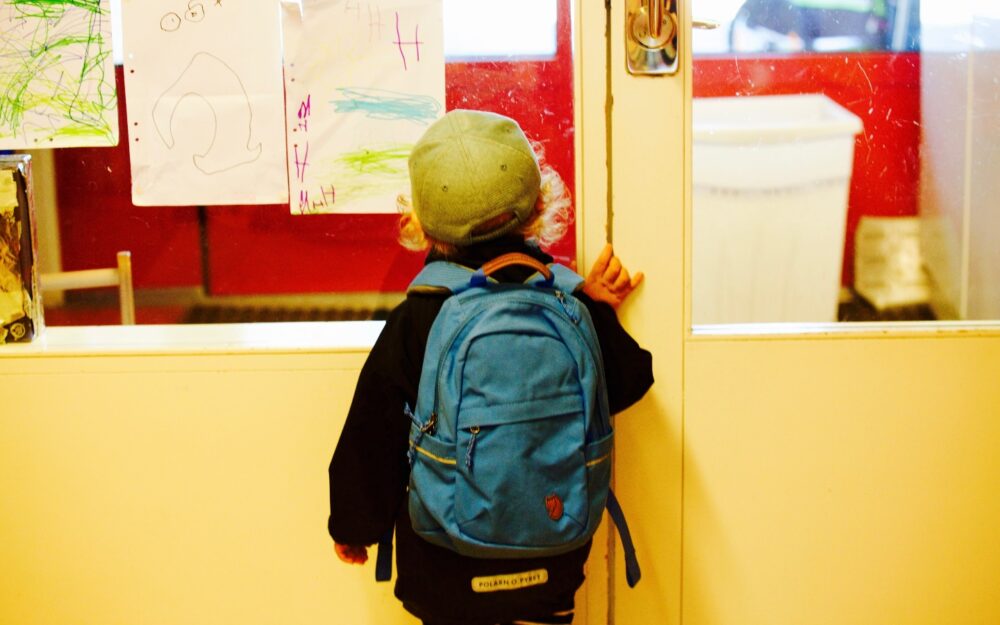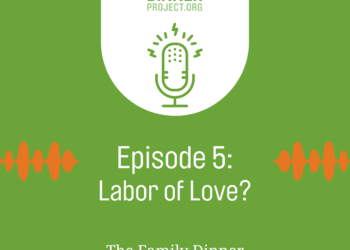[ad_1]
Key takeaways for caregivers
- Friendships play a vital position in children’s social and emotional development.
- Youngsters with autistic traits have issue with socioemotional expertise, placing them in danger for peer rejection.
- Autistic kids who’re additionally aggressive or disruptive are notably weak.
- Dad and mom and lecturers can help kids with autism by way of early interventions concentrating on socioemotional expertise and classes about peer acceptance for all kids.
Friendship and acceptance by different kids are very important substances for thriving younger lives and are on the coronary heart of rising up. They assist kids get off the bed within the morning, and encourage them to stay up for attending college, enjoying and studying, and constructing relationships. In distinction, loneliness, isolation, feeling awkward, and being bullied make the whole lot extra problematic. How will we be sure that the lives of kids with autistic traits should not harmed by rejection?
Youngsters with autism sometimes expertise challenges creating, sustaining, and understanding relationships. They need friendships however battle to make them. Principally, they’ve difficulties adjusting their habits to go well with varied social contexts.
Youngsters with autistic traits who even have behavioral issues want probably the most help with their peer relationships.
They might not have the ability to talk in ways in which result in friendship or perceive the best way to share imaginative play in the identical methods as typical kids do. How does this impede acceptance and fruitful relationships at college? What might be achieved to enhance this side of life for youngsters with autism?
My colleagues and I have been studying five- and six-year-olds in major faculties within the Netherlands (known as elementary faculties elsewhere). The kids had various ranges of autistic traits, typically at such low ranges that it was not clinically identified. We all know that younger kids with autistic traits usually tend to expertise rejection and non-acceptance, even when the traits are at a low degree.
The impression might be appreciable. Research present that having a buddy at college can shield a baby from an undesirable state of affairs or habits. A buddy can act as a supply of emotional help, offering a protected area to specific ideas, experiences, and opinions.

Photograph: Wallpaper Flare.
Being with out a buddy at college can result in emotions of loneliness and isolation, which may, in flip, make kids weak to bullying and damaging behaviors. These experiences can have lasting results on general well-being, resulting in low shallowness and poor tutorial efficiency.
Danger of aggressive habits
Our examine recognized a very weak group of younger kids with autistic traits: those that are additionally aggressive and disruptive. Youngsters with autistic traits who even have behavioral issues want probably the most help with their peer relationships. Different kids are likely to isolate them or make them targets of bullying.
Faculties can deal with these issues by way of packages designed to enhance peer relationships in inclusive lecture rooms. Some packages deal with lowering kids’s habits issues (e.g., aggressive acts, poor mood management, disappointment, anxiousness, fidgeting, impulsive acts), particularly when the issues are above and past the autistic traits that almost all convincingly predicted poor relationships in our examine.
In lots of circumstances, kids with autistic traits can and do have friendships and expertise acceptance.
Profitable friendships
Our examine additionally thought-about kids with decrease ranges of autistic traits (whose autism could not have been identified) and with non-aggressive behaviors. As famous earlier, their situation was related to much less peer acceptance and extra rejection. It might be laborious for these kids to hold out basic social skills reminiscent of beginning and sustaining conversations, taking turns, and responding appropriately to social cues. They might discover it obscure others’ minds, and to decode others’ intentions, feelings, and ideas, leaving them confused, so it is very important assist these kids navigate social conditions extra successfully.
In lots of circumstances, kids with autistic traits can and do have friendships and expertise acceptance. Different kids appear to search out methods to have interaction with them. In some circumstances, notably in inclusive environments, a peer understands {that a} little one has autism. A trainer may clarify the situation and the peer develops a friendship with the kid, accepting that it is going to be a special type of friendship that’s much less reciprocal than their friendships with neurotypical kids.

Photograph: Leeloo Thefirst. Pexels.
How one can help younger kids
Our findings recommend many alternatives for enhancing the relationships of kids with autistic traits. Step one is recognizing and accepting the trait, not denying it. Dad and mom must be alert: A toddler who initially responded to their identify may instantly, round 18 months, stop to reply. That may be a pink flag.
A lot might be achieved to assist a baby with autistic traits interpret a world that may appear complicated. With kids as younger as three, flashcards connected to on a regular basis actions – waking up, having breakfast, taking a nap – may also help construct an important vocabulary.
Likewise, pictures of fogeys or caregivers highlighting labelled feelings – reminiscent of comfortable, unhappy, drained – may also help practice a baby to raised acknowledge facial expressions, enhancing the reciprocity and responsiveness of their interactions. Dad and mom can position play what occurs when different individuals go to, going by way of the language of assembly and greeting. It helps to begin early.
The message from our analysis is that friendship and acceptance matter an awesome deal to every little one’s growth, each socially and academically. Adults may also help kids take pleasure in friendships by recognizing traits of autism early and intervening in applicable methods. Such interventions ought to deal with aggression, which is most dangerous to kids’s probabilities of having profitable relationships.
[ad_2]
Source_link





